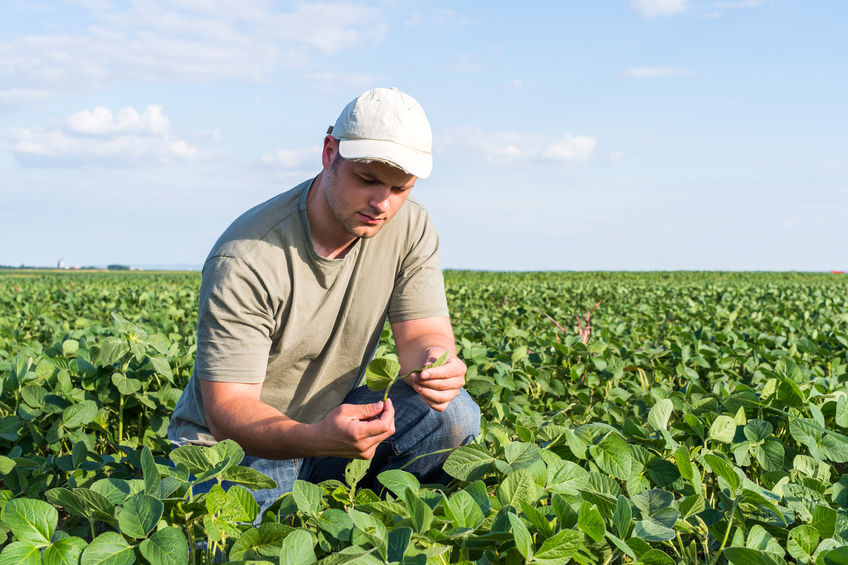
The European Council of Young Farmers (CEJA) has explained that farmers across Europe need to 'channel their inner young farmer' to help the industry battle climate change.
CEJA, a pan-European council which represents young farmers' interests, warned EU politicians in a meeting that “unless farmers are profitable and resilient, we don’t need to talk about what they can do to help in the future, because farmers simply won’t be there.”
The group met politicians under the topic of emerging challenges due to climate change.
CEJA said it supports the concept of developing a stable way to ensure the continuous supply of water.
EU policy has made efforts over the past decade to create a European-wide policy of integrated water management while promoting research on ways increasing and protecting water quality.
“Wishing and talking alone will not give us the impact we desire,” said CEJA President Alan Jagoe.
“What we need to do is work hard, and work together to ensure a better future for all. Investing in future techniques such as smart farming and precision agriculture is the kind of innovation which could really make a difference, and an ample first step.”
“This is an opportunity for young farmers to show Europe what we will do to improve the future of Europe,” said Jagoe.
Food production risk
Agricultural co-operative Copa and Cogeca underlined importance of having the right policies in place to ensure Europe meets climate goals without putting food production at risk.
Cogeca President Thomas Magnusson said: “European farmers and their cooperatives are facing many challenges today. They will have to produce so that they can contribute to one of the biggest challenges over the next decade: the need to increase food production for a growing world population and also the fight against climate change which threatens food production.
“The Paris global climate deal clearly states that agriculture must adapt in a balanced way without putting food production at risk. This means that we must take action to adapt and to mitigate climate change in a manner that does not jeopardise food production.
“We believe that our sector deserves more recognition of the good work done in reducing our emissions and increasing our efficiency in producing food.”
